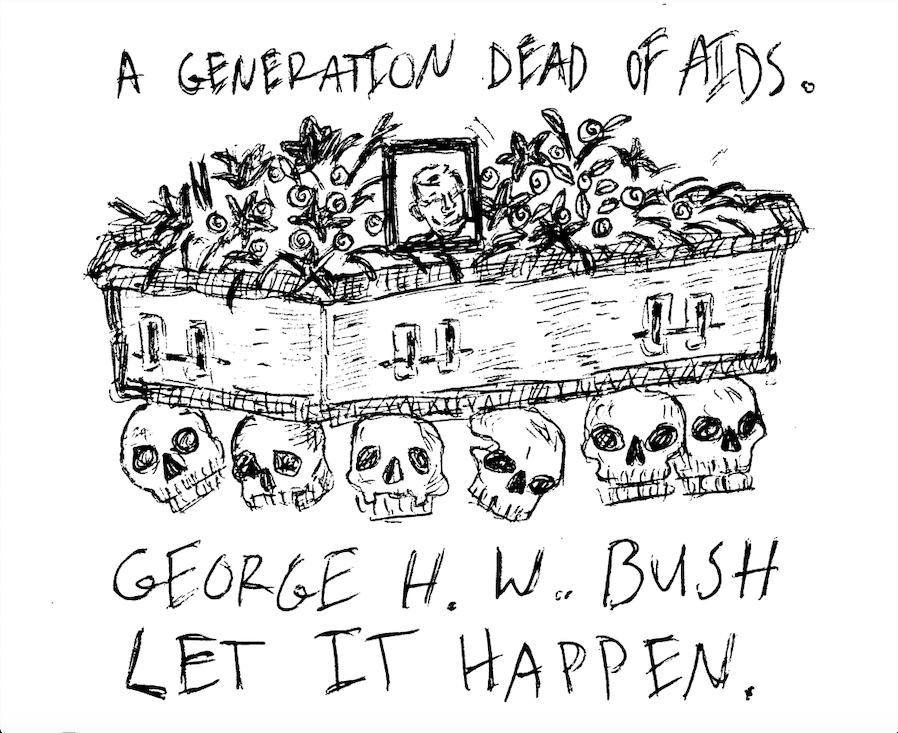Selfish Volunteerism
December 7, 2018
With finals in just a couple of days, I was binging “Friends” as any responsible student should. Two characters had an argument in “The One Where Phoebe Hates PBS.” One claims that there are no selfless good deeds, because feeling good about the deed made it selfish. For the rest of the episode, the other character unsuccessfully tries to think of a selfless good deed.
Unable to just shut down and mindlessly watch a TV show as a break, I started pondering who benefits from a good deed. Volunteering is viewed as a selfless act of giving your time and energy to others. There is a close association between selflessness and good deeds. Good deeds shouldn’t be done in expectation of gratitude or a reward in return. It’s a gesture of selflessness. The key part of this particular view on volunteering is ‘selflessness.’ Volunteering seems like it is rooted in pure altruism. Personal benefits such as money and publicity or maybe even the simple feeling of joy and pride from your own work taint the altruistic good deed. This lense may paint benefiting from volunteer work as morally problematic.

One example close to our hearts is volunteerism right here at Whitman. The Student Engagement Center runs numerous service learning clubs and community focused programs. Most are (unpaid) volunteer opportunities, but it’s also worth noting that the SEC has paid leadership positions. Criticism that I have heard surrounding these volunteer programs include mention of the fact that they are being institutionalized, a token one-stop way to “pop the Whitman bubble,” or a resume-building experience.
Now let’s turn around the perspective.
If a deed has to be entirely selfless to be a “good deed,” it would make volunteering only accessible to those that can afford to be selfless and not worry about their finances or opportunity costs. College students have a limited amount of time to spare outside of their academic commitments. Many of us face financial challenges when trying to volunteer instead of working other jobs. When other benefits, monetary or not, help busy students that want to volunteer to prioritize it more, I am all for it. Getting caught up in the abstract morality of signing up for volunteer work with the other personal benefits in mind shouldn’t stop anyone from trying to do good and engage with their community. Out of all things, volunteering shouldn’t be a privilege.





